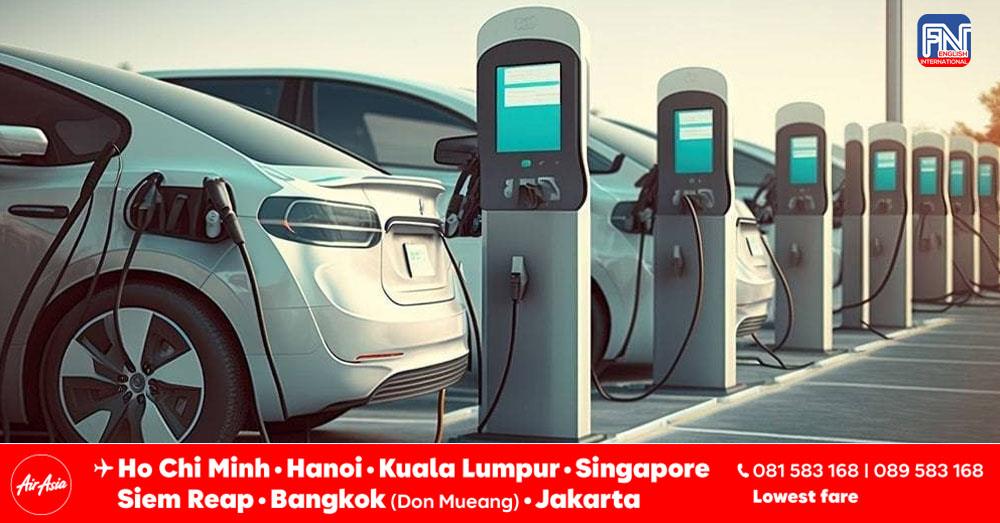ISLAMABAD, Jan 15 (Reuters) - Pakistan will cut the power tariff for operators of electric vehicle charging stations by 45% as part of the ongoing reform of the energy sector designed to boost demand, the country's Energy Minister Awais Leghari said on Wednesday.
A sustained economic crisis has slashed power consumption, leaving the South Asian nation with excess capacity that it still needs to pay for under decade-old contracts with independent power producers.
"The success of the new policy depends on how the international community lives up to its commitment to catalysing adoption through green financing for such initiatives," Leghari told Reuters, referring to up to $10 billion worth of commitments made after 2022's devastating floods that are yet to be fully realised.
The government is also planning to introduce financing schemes for e-bikes and the conversion of two- and three-wheeled petrol vehicles, Leghari said.
The cabinet on Wednesday approved a reduced tariff of 39.70 rupees ($0.14) per unit, down from 71.10 rupees previously, which will be in place within a month.
Leghari said the government expects an internal rate of return of more than 20% for investors in the sector.
According to a report submitted to the government by power ministry advisor Ammar Habib Khan and seen by Reuters, there are currently more than 30 million two- and three-wheeled vehicles in Pakistan, which consume more than $5 billion worth of petroleum annually.
The ministry plans to convert 1 million two-wheelers to electric bikes in a first phase, at an estimated net cost of 40,000 rupees per bike, according to the report, saving around $165 million in fuel import costs annually.
BYD Pakistan, a partnership between China's BYD and Pakistani car group Mega Motors, told Reuters in September that up to 50% of all vehicles bought in Pakistan by 2030 will be electrified in some form in line with global targets.

Photo from the Nation




